The Dominican Republic comprises two-thirds of the island of Hispaniola, one of the few islands in the world shared by two independent nation-states. With a population of over 10 million people, its territory stretches 18,704 square miles.
The Dominican Republic is the region’s largest economy, with an estimated 2018 gross domestic product (GDP) of $81.653 billion. While the country has made significant economic gains and is now a middle income country, more than 30 percent of Dominicans still live in poverty.
Unemployment rates in the Dominican Republic have averaged 5.5 percent for the last decade, however, disaggregation by sex and age reveals significant disparities. According to data from the International Labour Organization, youth registered a 13.5 percent unemployment rate in 2017, and 19.7 percent of female youth were unemployed. Particularly relevant for addressing issues of citizen security in the Dominican Republic, ILO also reports that 18.3 percent of male youth are not employed, attending school, or in a training program.
The 2019 World Economic Forum Global Competitiveness Report ranks the Dominican Republic 78 of 141 overall, with particular challenges in the skills sector, where the country ranks 86th. While UNESCO data reports 94 percent literacy rates for both men and women, the Dominican Republic struggles with education quality and the development of workforce skills.
Community security is also seen as an issue, with the Dominican Republic ranking fifth to last on reliability of police services in the 2019 LatinBarometer (LAPOP). Many suffer from stigma and discrimination, including those with lower incomes; people with disabilities; people of Haitian descent; women; and members of the lesbian, gay, bisexual, transgendered, and intersexual (LGBTI) community, limiting their access to justice, health, and social services. Rates of human rights abuses, violence, and HIV are also disproportionately higher for the marginalized members of the population.
Disasters pose a significant threat to the Dominican Republic. The 2019 Germanwatch Climate Risk Index currently ranks it 12th in the world for vulnerability to climate shocks. These disasters could also exacerbate existing conditions, as the country also suffers from serious soil and beach erosion threats, deforestation, and water shortages.

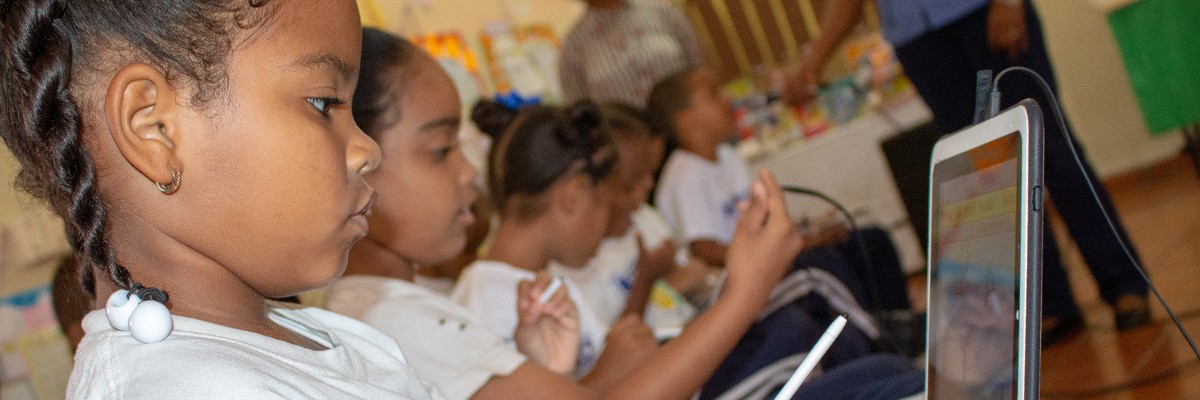
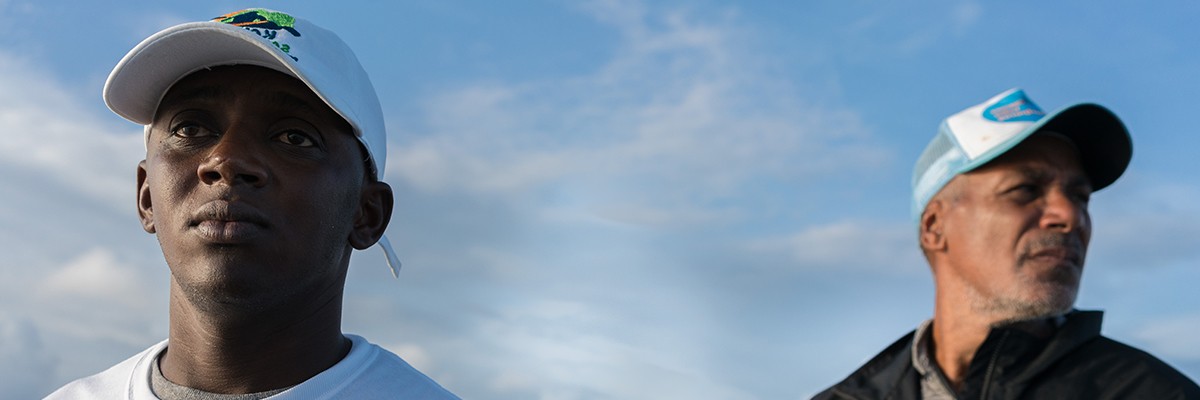
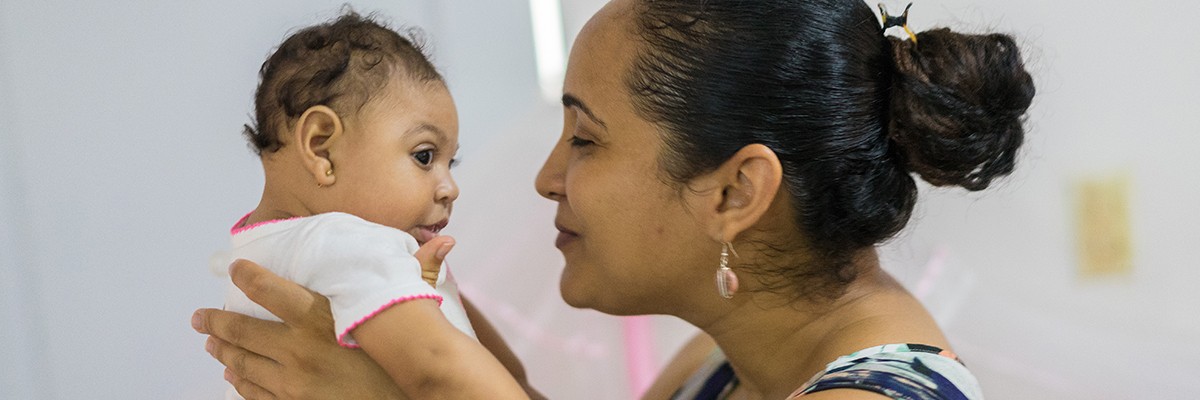
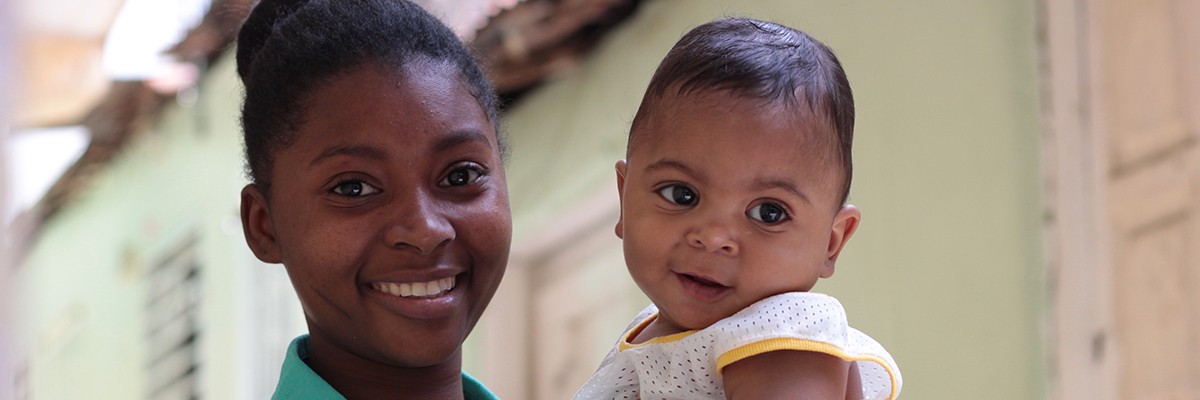

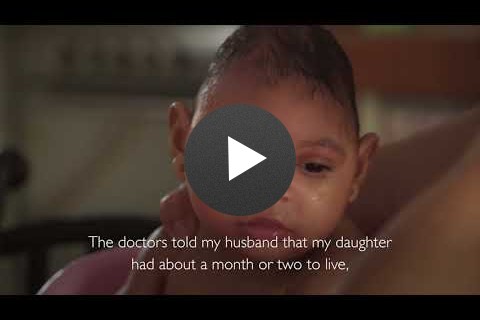
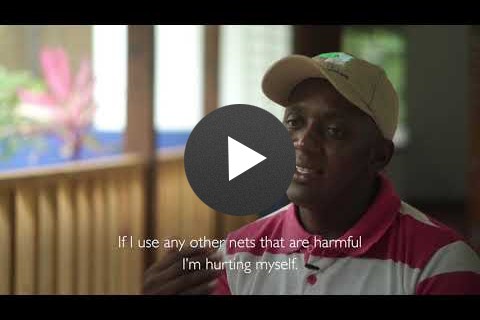
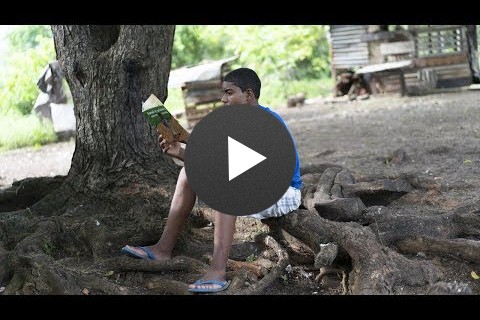
Comment
Make a general inquiry or suggest an improvement.